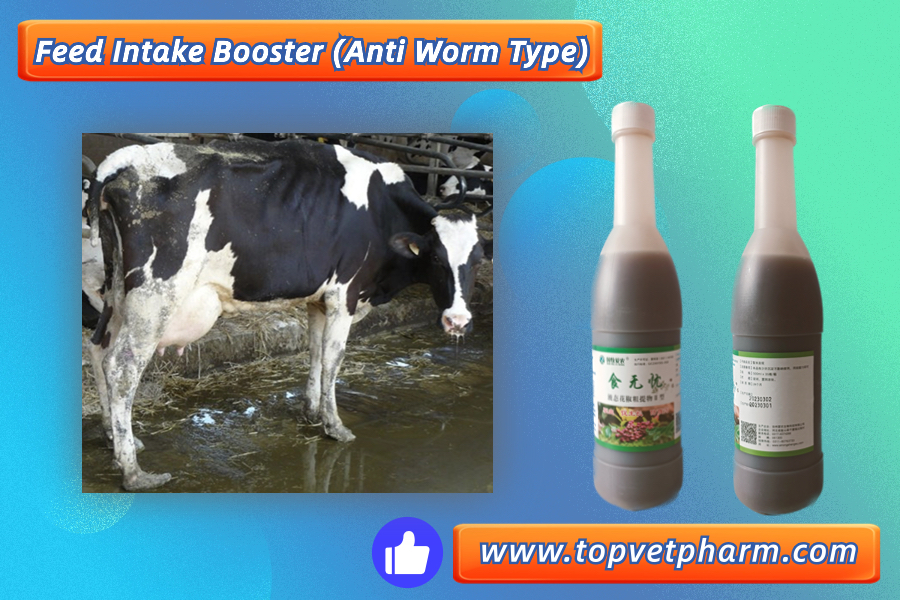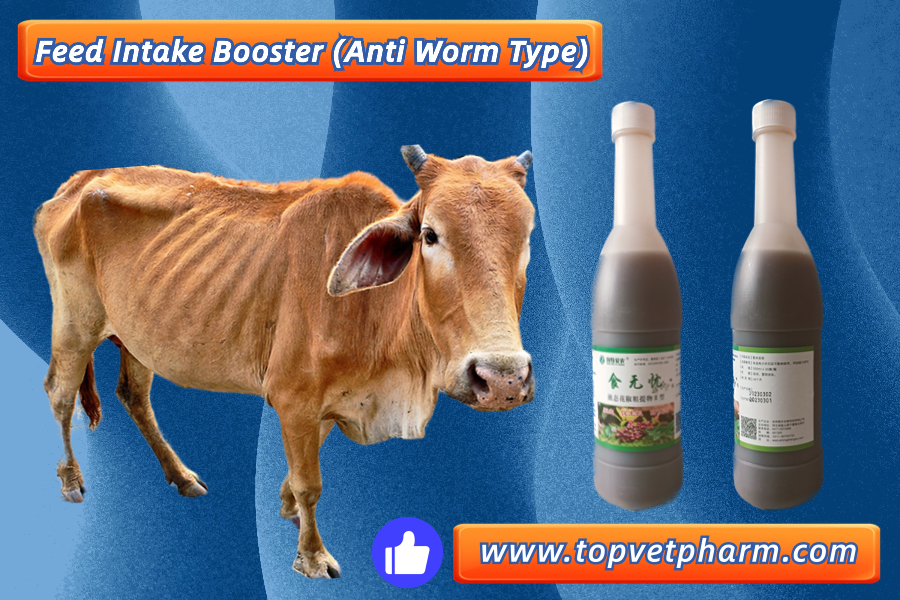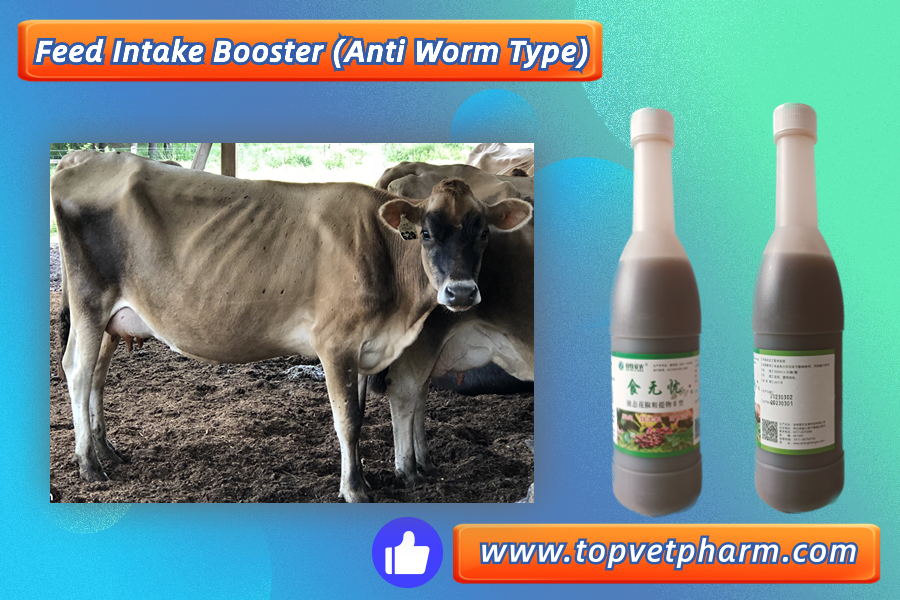Oct. 15 , 2023
What are the signs of worms in cattle? and What is a natural wormer for livestock?
Worm infestations in cattle can be a common and concerning issue for cattle farmers and ranchers. Signs of worms in cattle may vary depending on the type of worm, the severity of the infestation, and the individual animal's health. Some common signs of worm infestations in cattle include:

1.Weight Loss: Worms can cause cattle to lose weight, and this weight loss may be gradual or sudden.
2.Reduced Appetite: Infected cattle may have a reduced appetite and may not graze as much as usual.
3.Rough Coat: Cattle with worm infestations may have a rough, dull, or scruffy-looking coat.
4.Diarrhea: Some types of worms can cause diarrhea in cattle, which may be watery or have a mucous appearance.
5.Dehydration: Diarrhea and reduced fluid intake due to decreased appetite can lead to dehydration.
6.Swollen Abdomen: In severe cases, cattle may develop a pot-bellied appearance due to fluid accumulation in the abdomen.
7.Anemia: Some worms feed on blood, which can lead to anemia in cattle. Anemic cattle may have pale mucous membranes, such as pale gums and eyelids.
8.Weakness and Lethargy: Worm-infested cattle may appear weak, lethargic, and uninterested in normal activities.
9.Coughing: Lungworm infestations can cause cattle to cough, especially when they exert themselves.
10.Bottle Jaw: This is a specific symptom of severe anemia. The swelling under the jaw may resemble a "bottle" shape.
11.Reduced Milk Production: In dairy cattle, worm infestations can lead to reduced milk production.
12.Treatment: Suggest natural way to doworming .Use Puer Herbal Feed Intake Booster (Anti Worm Type)
Function: Deworming . Increasing Feed Intake. Prevent / Treatment Diarrhea !

It's important to note that these signs can overlap with other health issues in cattle. Regular monitoring, fecal testing, and consultation with a veterinarian are essential to accurately diagnose and treat worm infestations in cattle. Deworming schedules and management practices can help prevent and control worm infestations in your herd. Different types of worms require different dewormers, so it's crucial to identify the specific worms affecting your cattle to use the appropriate treatment.









